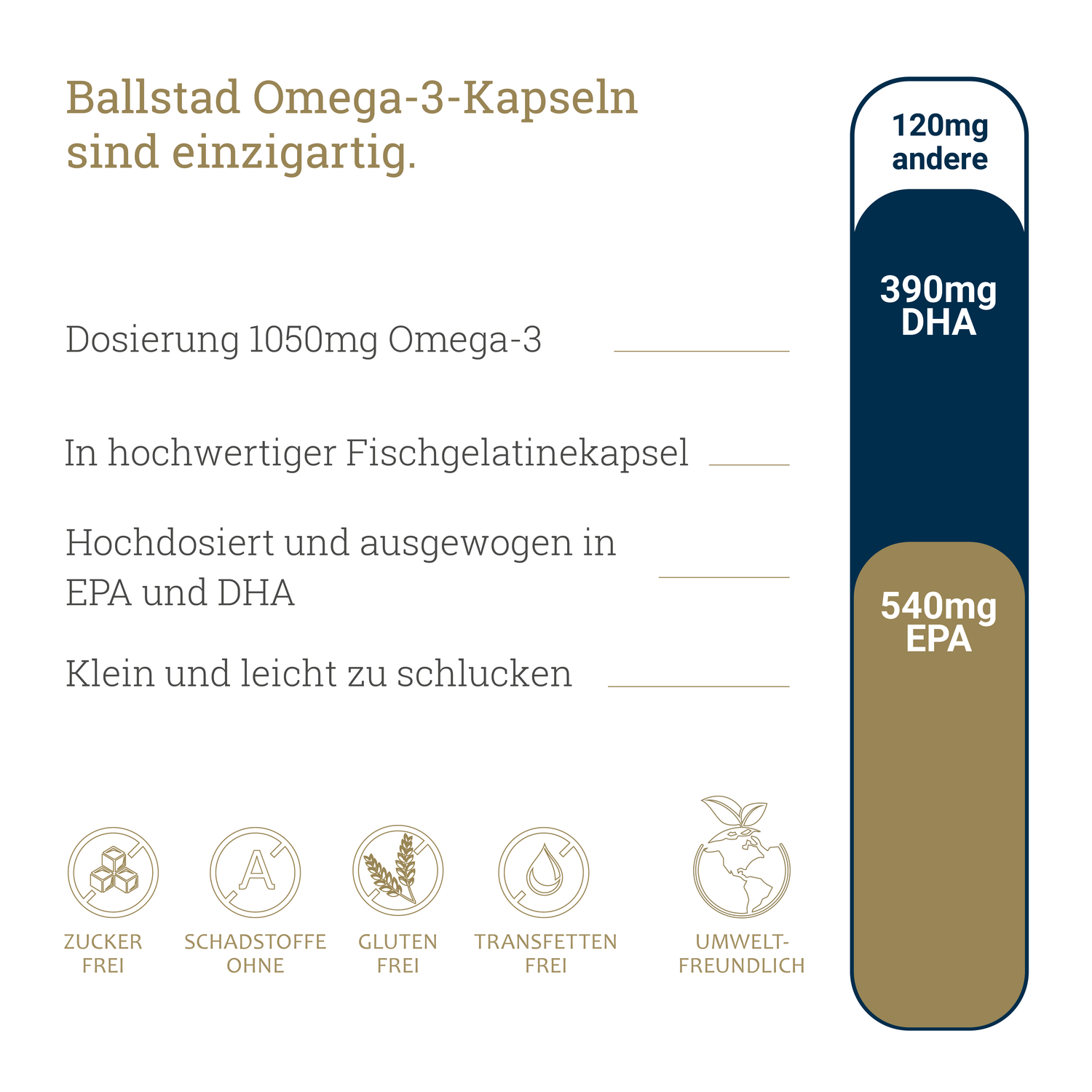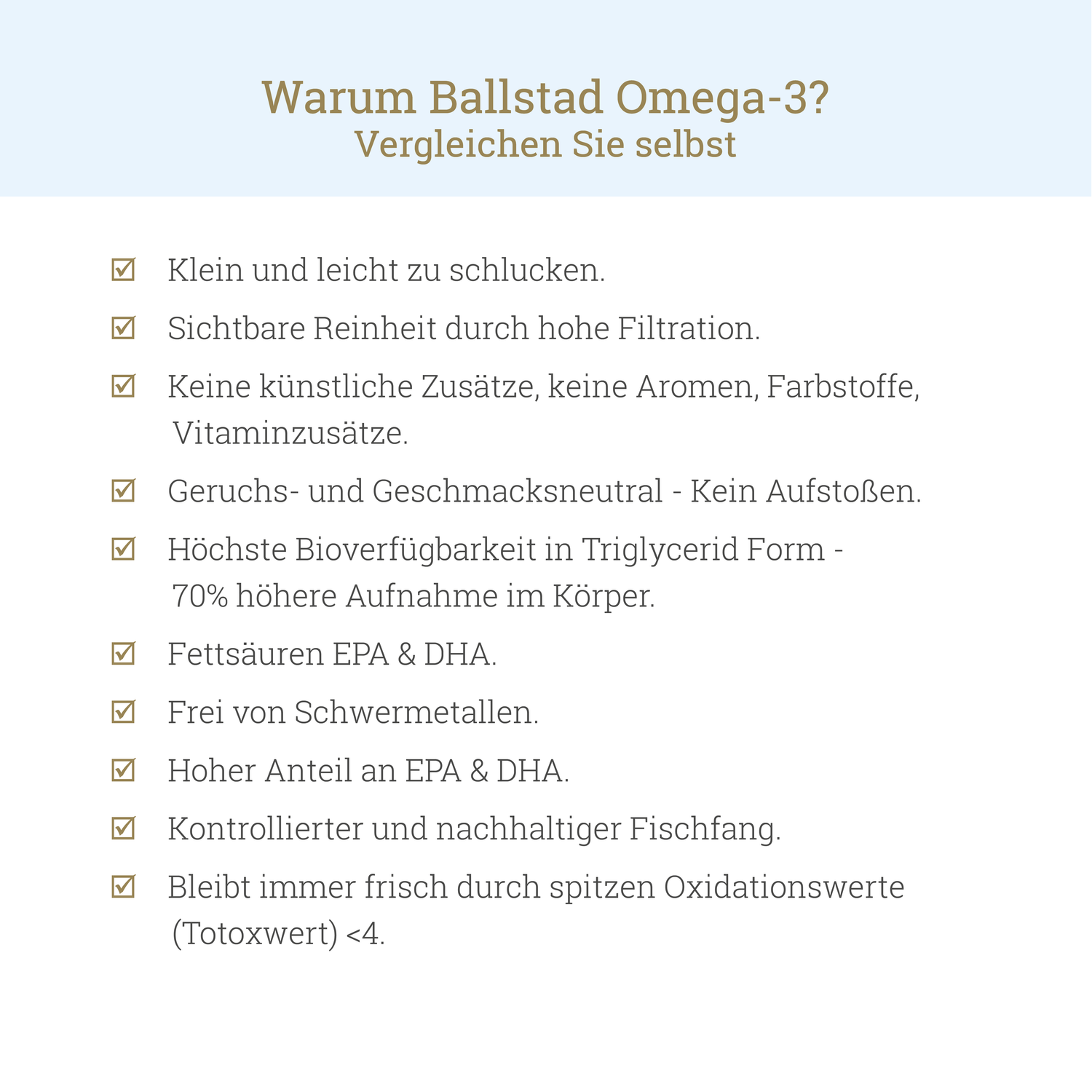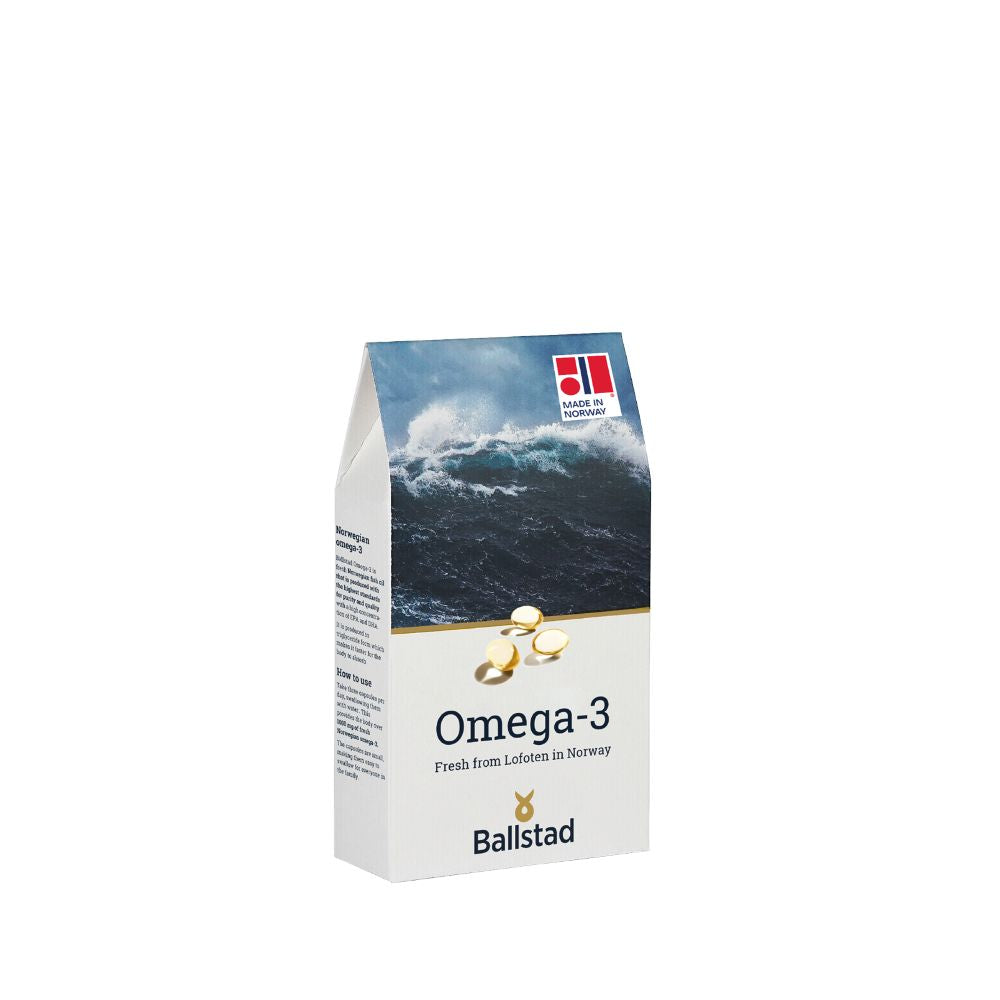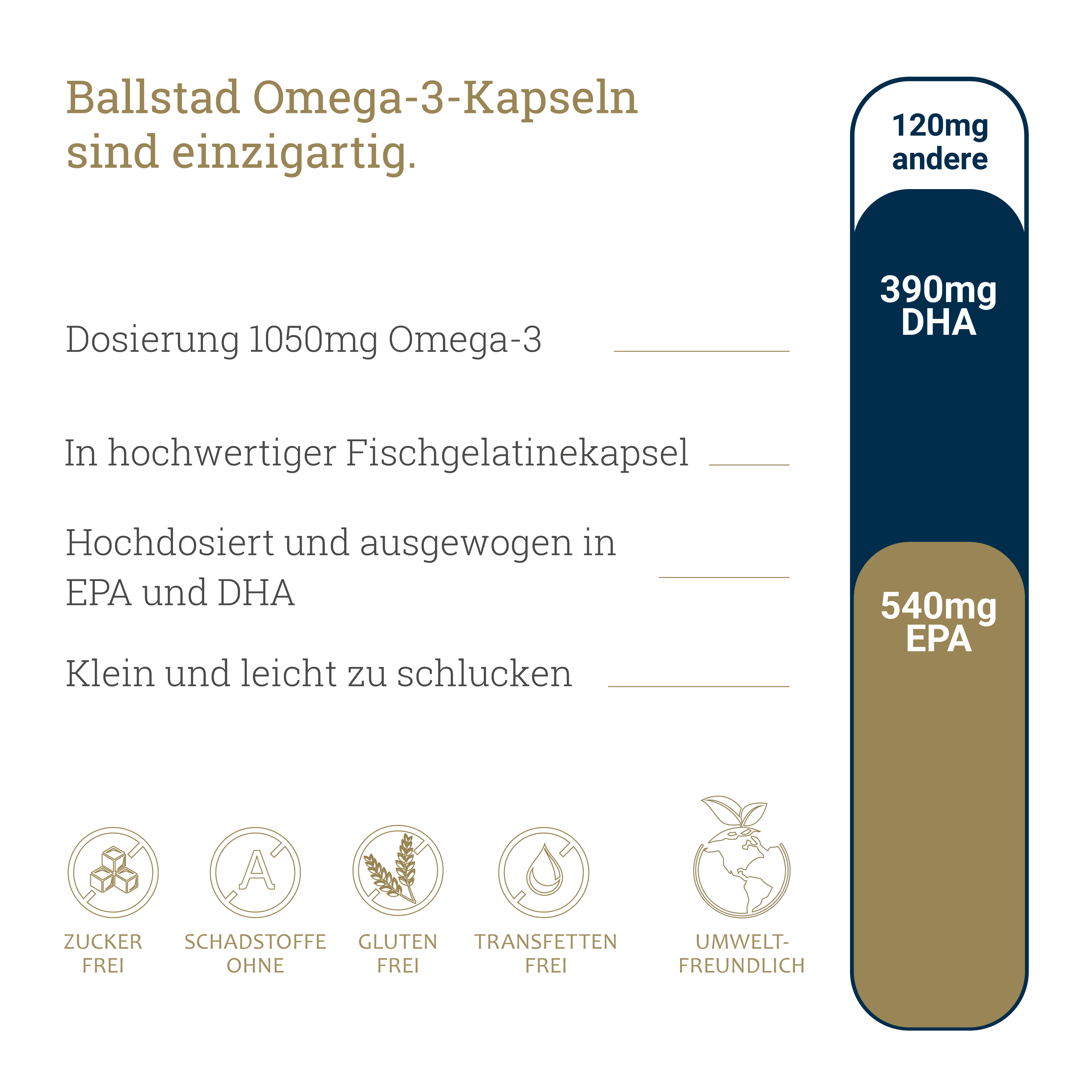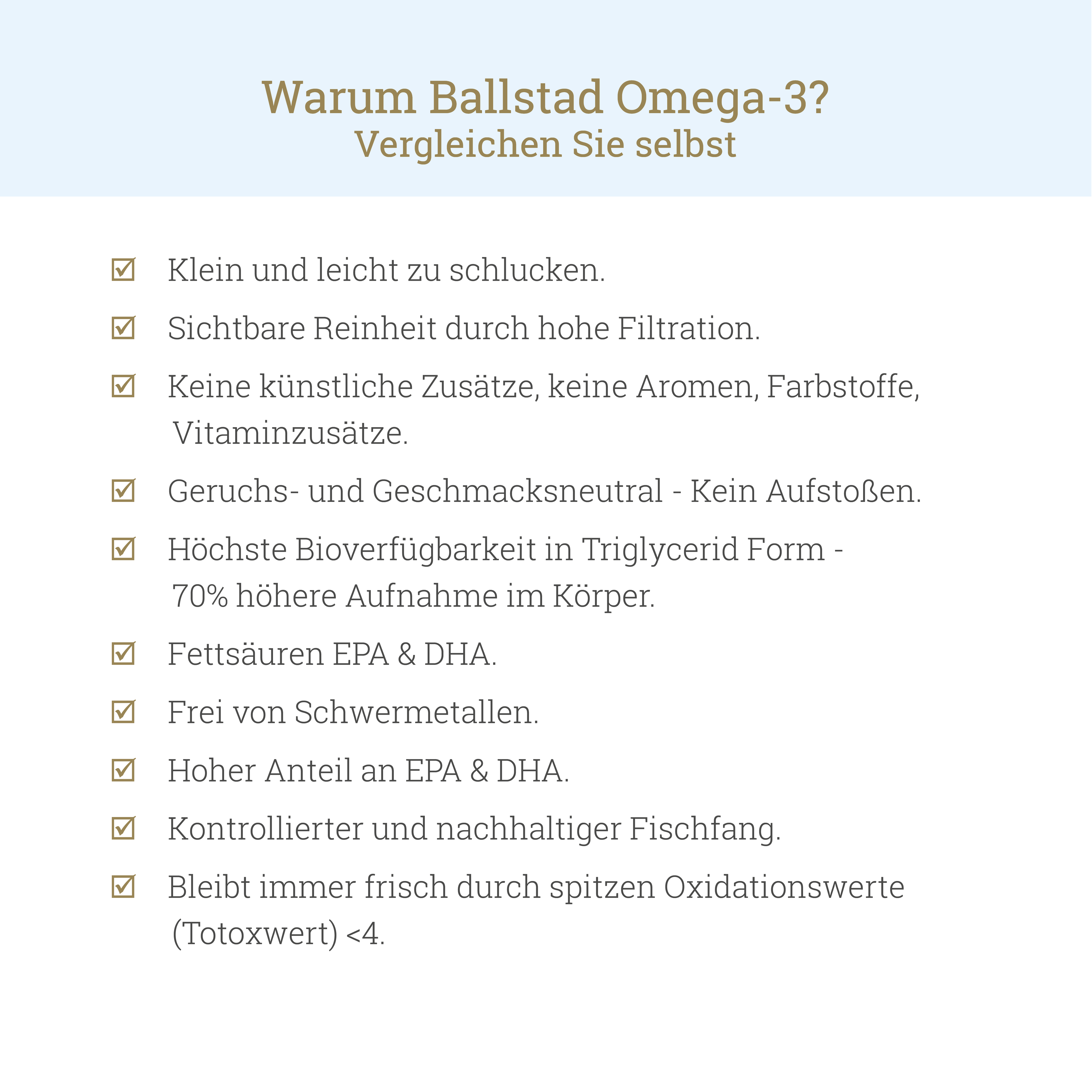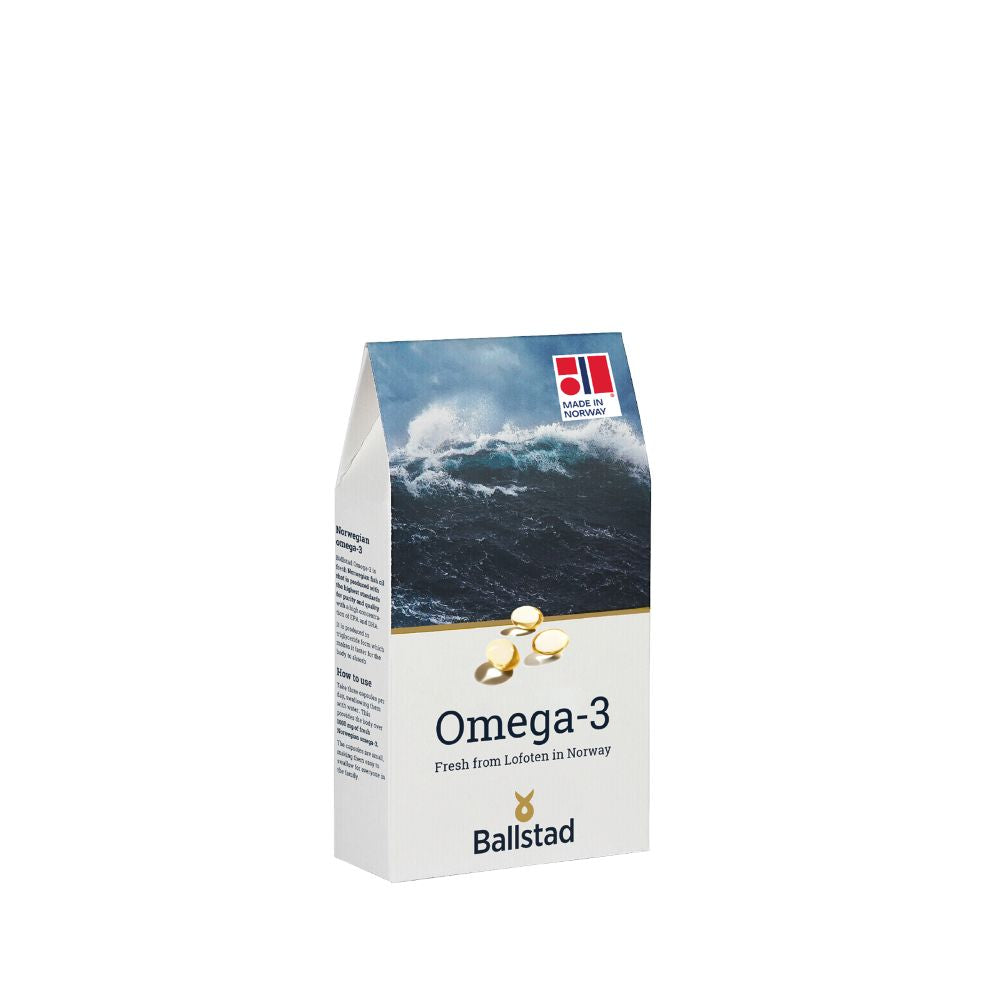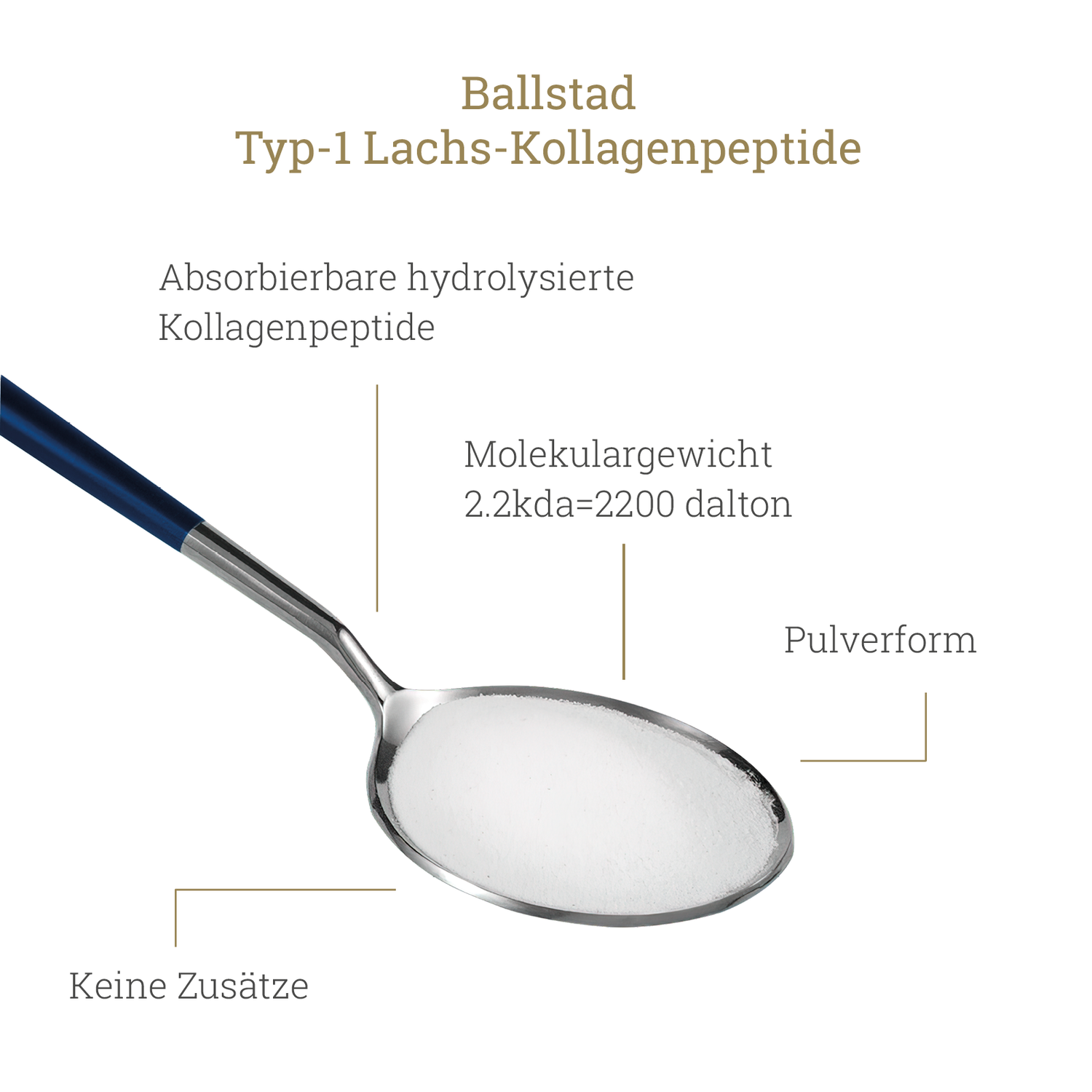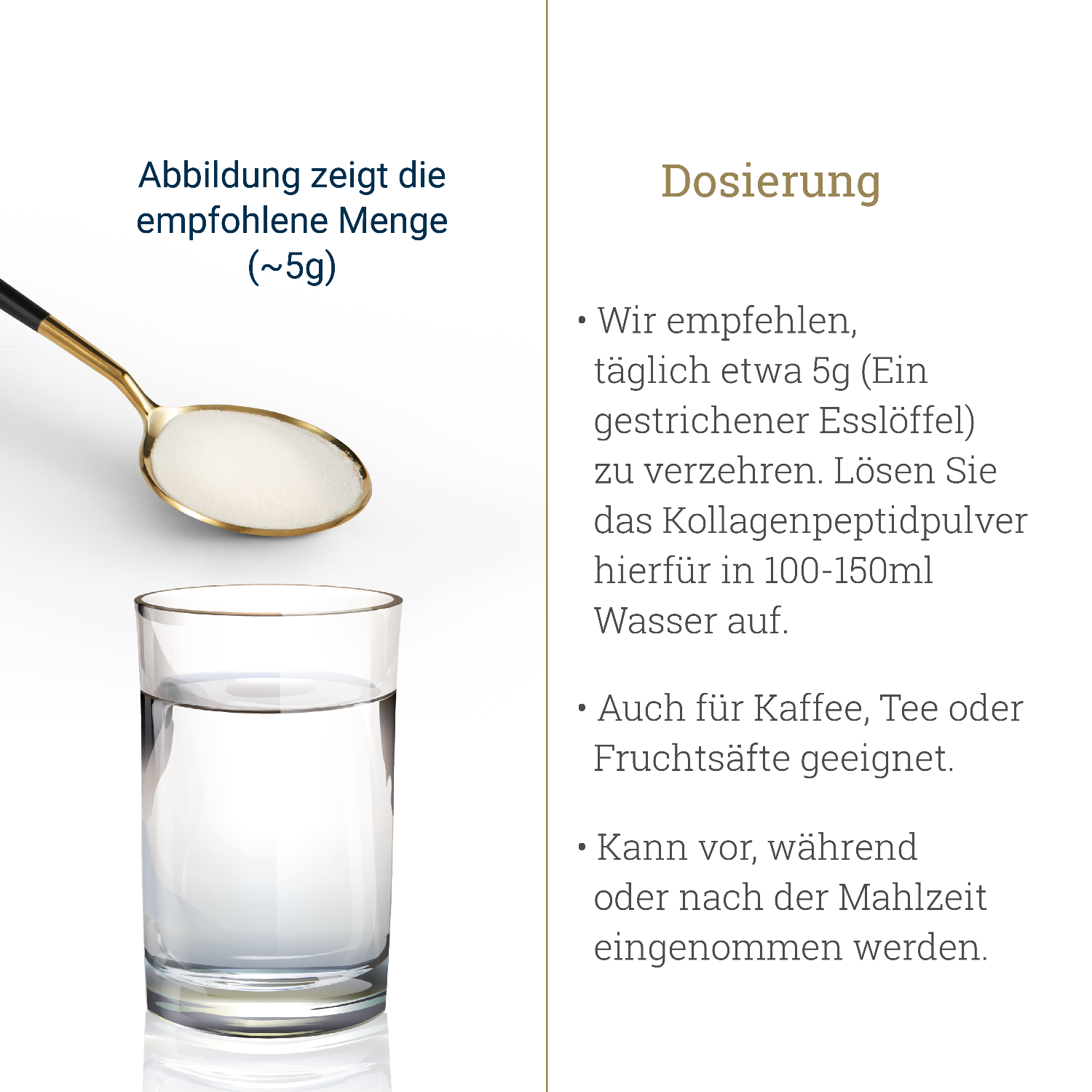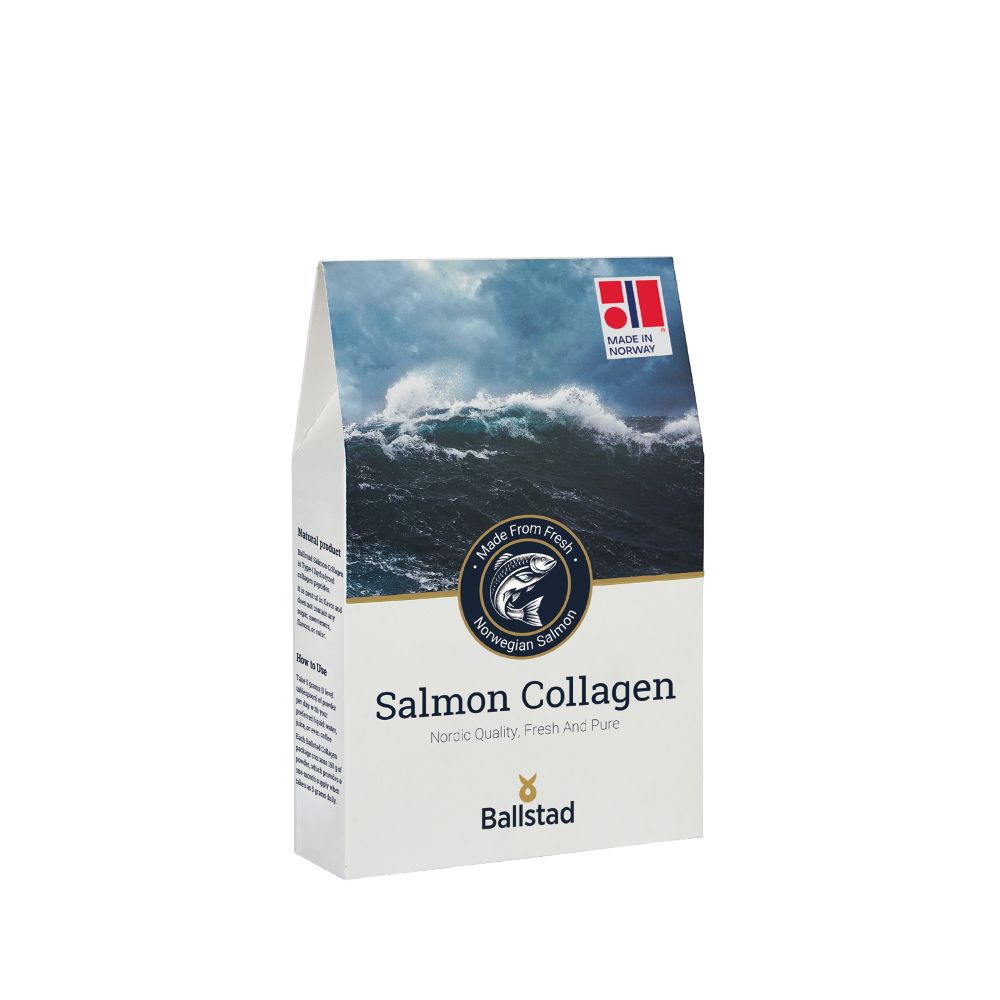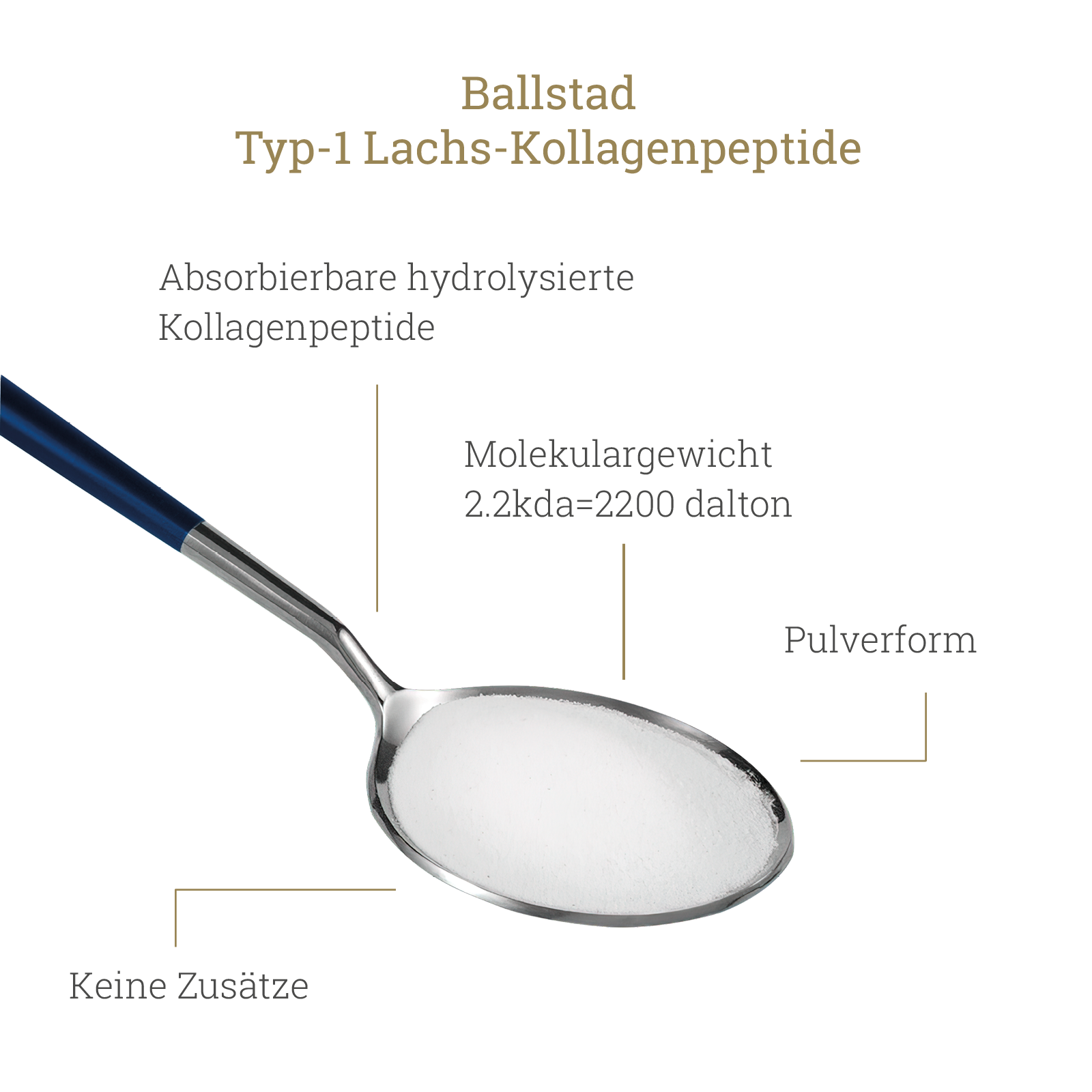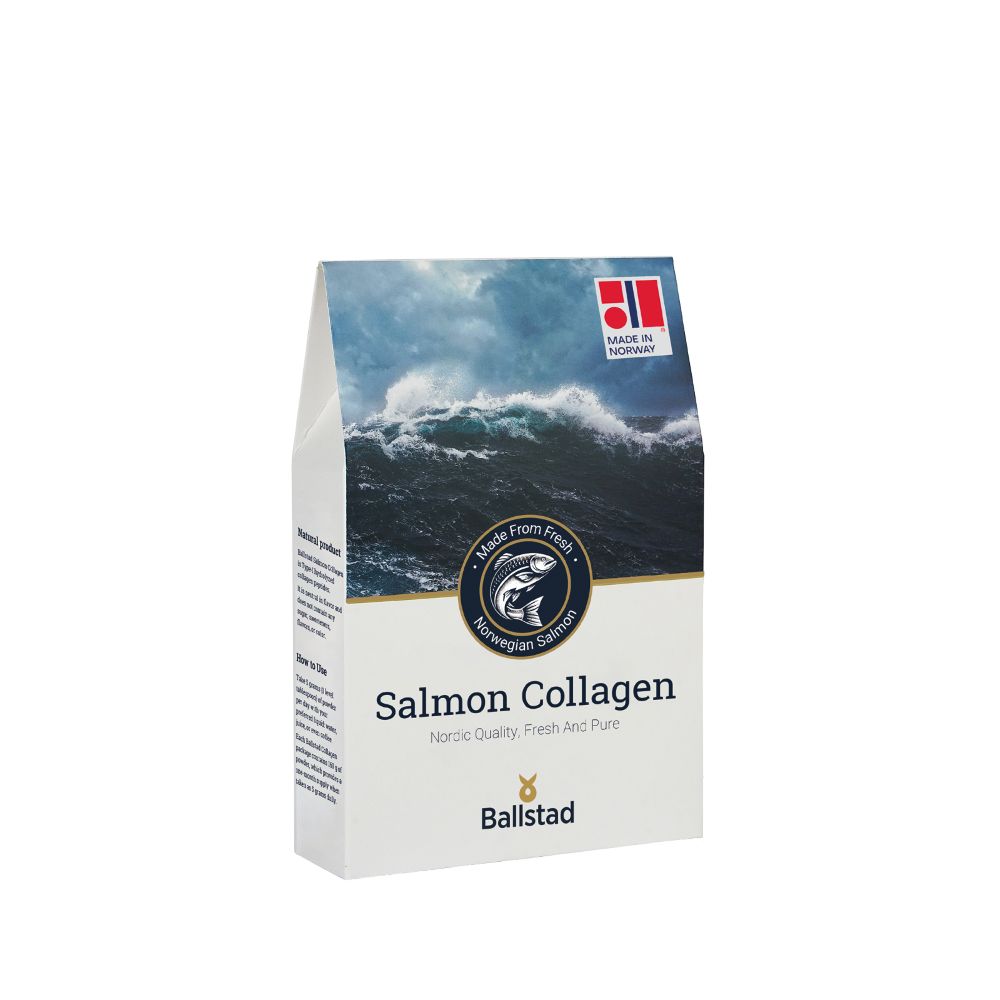Author: Kristina Jackson
Source: OmegaQuant
Modern everyday life and its effects on the eyes
The use of smartphones, tablets, and computers is ubiquitous today. Studies show that related complaints such as dry or tired eyes, blurred vision, headaches, and neck tension are increasing. These symptoms are often referred to as "Computer Vision Syndrome" (CVS).
Particularly common is the so-called dry eye , which can be accompanied by unpleasant burning, redness or visual disturbances.
Research on Omega-3 and eye health
Several studies have examined the possible link between omega-3 fatty acids—particularly EPA and DHA—and supporting eye function. A randomized, placebo-controlled trial (published in Contact Lens and Anterior Eye ) examined 478 people with computer-related vision problems. Participants received either an omega-3 supplement (1200 mg EPA+DHA per day) or a placebo (olive oil) for three months.
What was investigated?
The researchers assessed both subjective symptoms and objectively measurable changes. These included, among others:
-
Schirmer test: to assess tear production
-
Tear film break-up time (TFBUT): measures the stability of the tear film
-
Conjunctival cell analysis: to assess possible damage to the ocular surface
Results at a glance
After three months, a significantly greater proportion of the omega-3 group reported symptom relief compared to the placebo group. Objective tests such as the TFBUT measurement also showed positive trends.
It is important to emphasize that these results do not constitute a health claim in the legal sense, but merely reflect observations from studies.
Conclusion
If you regularly use digital screens and experience eye discomfort, it may be helpful to talk to a professional about your diet and possible sources of nutrients, such as fish high in omega-3 fatty acids.






